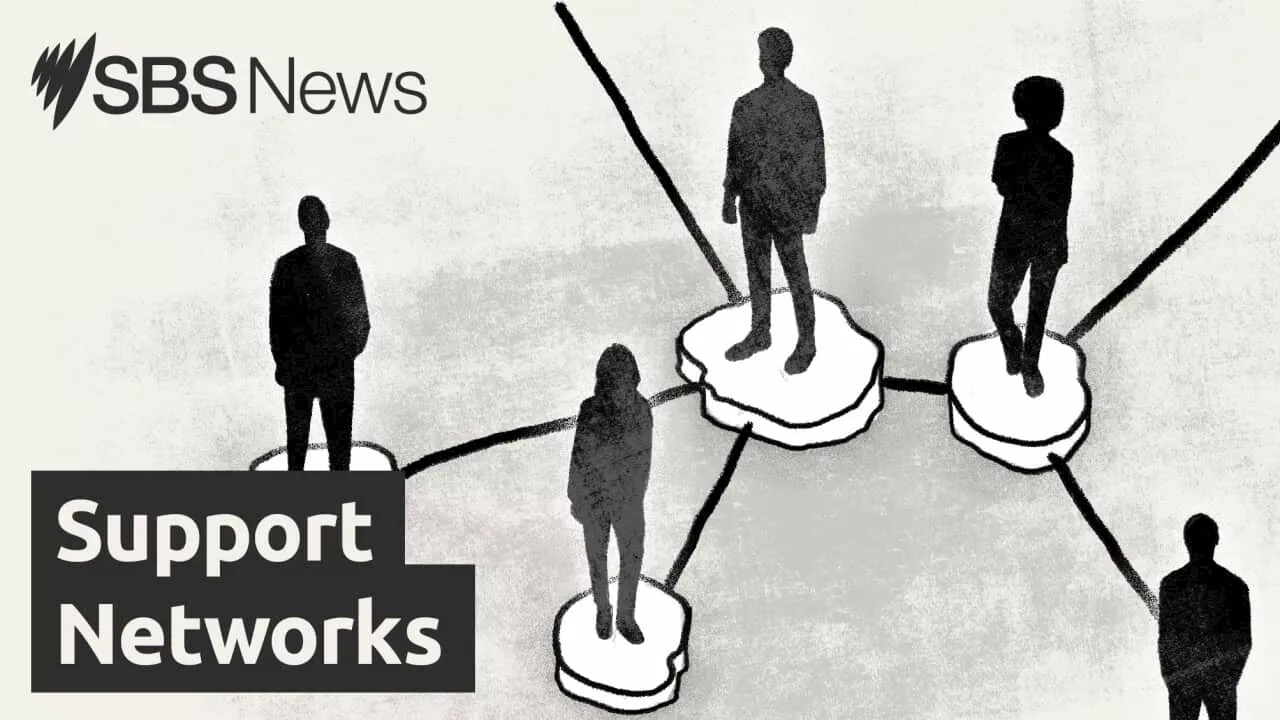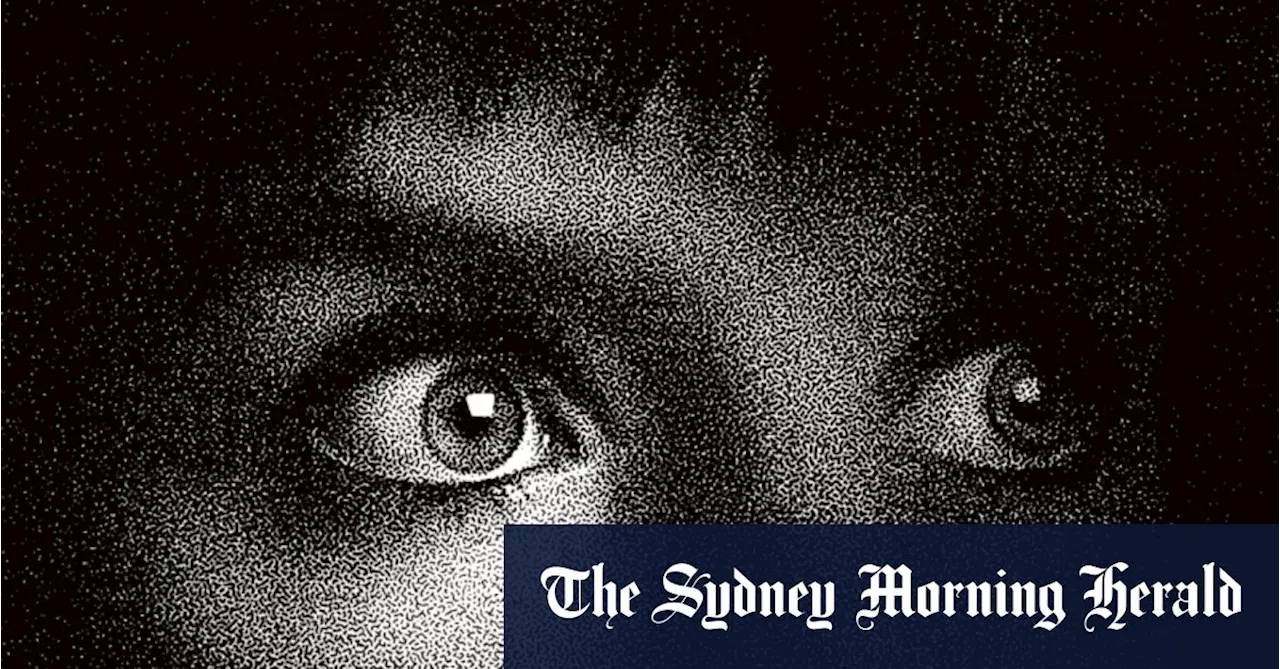This article explores the distinctions between stress, worry, and anxiety, highlighting their unique characteristics and coping strategies. It emphasizes the importance of recognizing these differences for effective mental health management.
Between the climate crisis, rising cost of living and global conflicts, many of us are feeling more stressed, anxious and worried.Mental health conditions are prevalent in Australia, with a higher prevalence among young people and those in the LGBTQ community.
But if you had to take a beat and pinpoint exactly which of the three you were feeling, could you? Worry, stress and anxiety are all different, although related, responses and it’s important to know the difference because each requires different coping strategies.Elizabeth Talbot, a clinical psychologist and founder of Clinical Therapy in Sydney, says stress is one of the biggest presentations clients are coming to her with at the moment. Stress is a response to external factors, she explains, such as work or relationship breakdowns. It can be short-lived (acute stress) or ongoing (chronic stress). Michaela Pascoe, a senior research fellow at Monash University, says stress is something that happens in the body or brain, and isn’t always a bad thing.As our inbuilt fight or flight response, stress was an evolutionary essential that kept us safe from predators. Stress’s survival function is called adaptive stress, says Pascoe, and maladaptive when it has no function. But how we cope with it matters. Building resilience and learning to deal with stress can prevent the development of chronic stress, which keeps our bodies in a prolonged fight or flight state and can have serious health implications. “If we think about it in our plus and minus column, if we’re depleting our resilience because of the various stressors we encounter, we can build up our resilience as well by doing things that are positive for our mental health and wellbeing,” Pascoe says.Managing stress is about managing external factors, says Talbot. This might involve prioritising certain tasks or dropping commitments that can be dropped. Use relaxation techniques, such as breathing and muscle relaxation exercises, to manage the physical effects of stress. Of course, not all sources of stress can be eliminated. In these situations, Pascoe says it’s important to do things to alleviate stress, such as spending time with friends, leisure-based physical activity or going out into nature.Worry is an emotional state and behaviour, and “a symptom of anxiety that’s very future focused”, says Talbot. “It’s all of the ‘what ifs?’... A lot of people will sit in worry because they’re trying to manage symptoms of anxiety in the present by worrying about the future.”Schedule time to worry: Set aside 15 to 30 minutes each day (morning is best) to write down anxious thoughts and worries. It can be helpful to categorise these into those you can tackle, and those you can’t, to help with problem-solving and to feel more in control. Get out of your head: Since worry often involves ruminating on future events, Talbot says trying to stay in the present, often through mindfulness practices, is important. Talk it out: “Reach out and lean into your trusted relationships,” says Pascoe. “The thing about the experience of worry, anxiety and stress is that it can be quite isolating, so it is really important to get some social support.” Both stress and worry can culminate in anxiety, which Talbot describes as “the body’s threat detector”.“Ongoing stress actually changes the way our brain functions and its structure. It makes us more primed to identify sources of danger, and more biased to look for them,” says Pascoe.“We know that in childhood, while the brain’s developing, greater exposure to stressful events can prime people in adulthood to respond more strongly to stressful triggers and to find it harder to return to a state of calm.”Anxiety is an umbrella term that encompasses different disorders, of which generalised anxiety is the most common, and can vary in severity.Exposure therapy: Typically done under the supervision of a professional, this involves gently building up a tolerance to feared scenarios, says Talbot. Seek professional help: Pascoe says if you are dealing with anxiety, it’s important to talk to your GP and come up with a mental health plan, or to talk to your therapist or psychologist
MENTAL HEALTH STRESS WORRY ANXIETY COPING
Australia Latest News, Australia Headlines
Similar News:You can also read news stories similar to this one that we have collected from other news sources.
 Andrey Rublev: ‘I don’t feel any more that crazy anxiety and stress’Russian world No 9 has become as well-known for hurting himself on court as for his tennis but tells Donald McRae he feels he has turned a corner
Andrey Rublev: ‘I don’t feel any more that crazy anxiety and stress’Russian world No 9 has become as well-known for hurting himself on court as for his tennis but tells Donald McRae he feels he has turned a corner
Read more »
 Understanding Cat Body Language and Providing a Safe EnvironmentThis article offers science-backed tips on understanding cat communication through body language and vocalization, ensuring their safety and well-being. Learn how to interpret their signals, create a comfortable environment, and build positive interactions with your feline companion.
Understanding Cat Body Language and Providing a Safe EnvironmentThis article offers science-backed tips on understanding cat communication through body language and vocalization, ensuring their safety and well-being. Learn how to interpret their signals, create a comfortable environment, and build positive interactions with your feline companion.
Read more »
 Navigating Grief Through Cultural UnderstandingLiving Loss podcast episode explores the unique ways grief is experienced across cultures and offers insights on how to provide meaningful support during times of loss.
Navigating Grief Through Cultural UnderstandingLiving Loss podcast episode explores the unique ways grief is experienced across cultures and offers insights on how to provide meaningful support during times of loss.
Read more »
 Woman Discovers 'Severe ADHD' at 71, Finding Empowerment and UnderstandingJean Ward, a 72-year-old woman, finally received a diagnosis of 'severe ADHD' at the age of 71, bringing a sense of empowerment and self-acceptance after years of self-doubt and societal pressures. Her lifelong struggles with focus, memory, and emotional regulation were finally understood, allowing her to accept her unique neurodiversity and find compatibility in her relationship with her partner, Derek.
Woman Discovers 'Severe ADHD' at 71, Finding Empowerment and UnderstandingJean Ward, a 72-year-old woman, finally received a diagnosis of 'severe ADHD' at the age of 71, bringing a sense of empowerment and self-acceptance after years of self-doubt and societal pressures. Her lifelong struggles with focus, memory, and emotional regulation were finally understood, allowing her to accept her unique neurodiversity and find compatibility in her relationship with her partner, Derek.
Read more »
 Navigating Relationships: Understanding Roles and DynamicsThis article explores the complexities of relationships, examining how individual behaviors and childhood patterns can influence interactions. It emphasizes self-awareness, communication, and the importance of balanced give-and-take.
Navigating Relationships: Understanding Roles and DynamicsThis article explores the complexities of relationships, examining how individual behaviors and childhood patterns can influence interactions. It emphasizes self-awareness, communication, and the importance of balanced give-and-take.
Read more »
 Bestselling Author Martha Beck Says Curiosity Can Replace AnxietyMartha Beck, a bestselling author and life coach known for her work with Oprah Winfrey, shares her journey of overcoming 60 years of anxiety. She discovered that befriending anxiety through compassion and understanding, rather than trying to control it, led to a shift in her psychology and sparked creativity.
Bestselling Author Martha Beck Says Curiosity Can Replace AnxietyMartha Beck, a bestselling author and life coach known for her work with Oprah Winfrey, shares her journey of overcoming 60 years of anxiety. She discovered that befriending anxiety through compassion and understanding, rather than trying to control it, led to a shift in her psychology and sparked creativity.
Read more »
